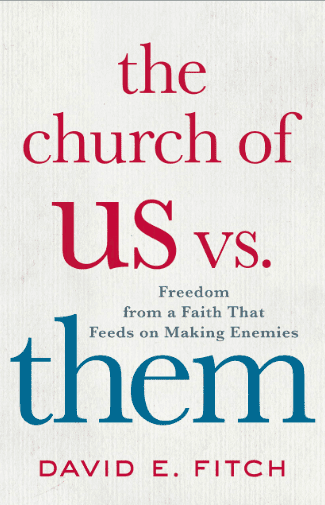Three decades ago, the evangelical faithful was galvanized by public debates over abortion, the size of the federal government, the future of the traditional family, and religious liberty. Many responded by following divisive leaders into the culture wars with the promise that voting for “moral” leadership would end abortion, protect traditional marriage and put our country on the right track.
How did that work? Not so well, it turns out. Today, abortion remains legal, divisions over same sex rights linger and we’re still debating religious liberty. The federal government continues to expand, the economy is struggling and millions of Americans divorce each year. Christian Millennials are now coming of age and recognizing the flawed strategies and broken agendas embraced by their forebears. They’ve seen how the religious right (and the religious left, for that matter) has used the Bible as a tool to gain political power and reduced the Christian community to little more than a voting bloc — and they are forging a different path.
“We are seeing head-snapping generational change,” notes conservative columnist Michael Gerson. “The model of social engagement of the religious right is increasingly exhausted.”
Thank God. A distinctive way of being Christian in the public square — a softer, less partisan way — is emerging. And this cultural change could be the very thing our faith needs to survive.
Three primary shifts are occurring:
•From partisan to independent. Christians of yesteryear saw the two-party political system as an indispensable mechanism for promoting their values, but young Christians recognize the limitations and pitfalls of partisan politics.
•From a narrow agenda to a broader one. An earmark of the culture wars was a tightly defined agenda, focused almost exclusively on issues such as abortion, gay marriage and, occasionally, religious liberty. There is no longer a strict hierarchy of arrangement in the minds of the emerging faithful, but rather a broad range of issues to which Christians must attend.
•From divisive rhetoric to civil dialogue. Americans in general are weary of the reactionary, angry, polemical language that stymies progress and the common good. Two-thirds of Americans believe we have a major problem with civility. More than seven in 10 agree that social behaviors are ruder than in the past.










